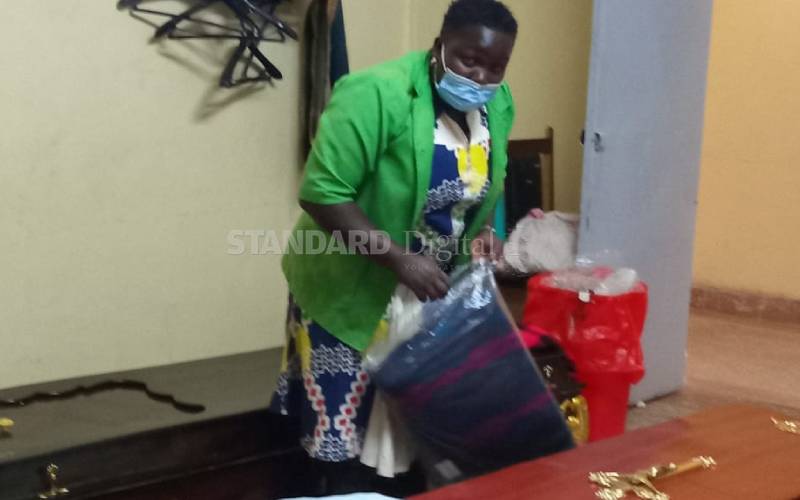×
The Standard e-Paper
Smart Minds Choose Us

She has handled bodies in a morgue for eight years and is not about to quit.
Jackline Masinde, 34, began the journey beautifying and embalming the dearly departed at the Bungoma County Referral Hospital while working as a security guard.